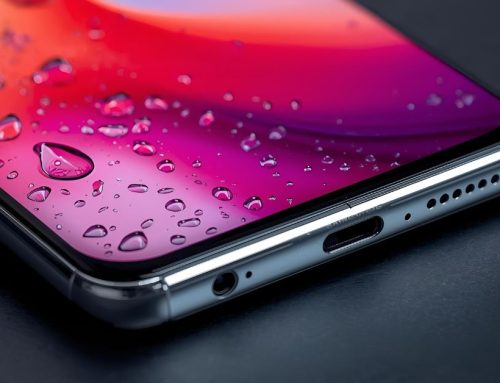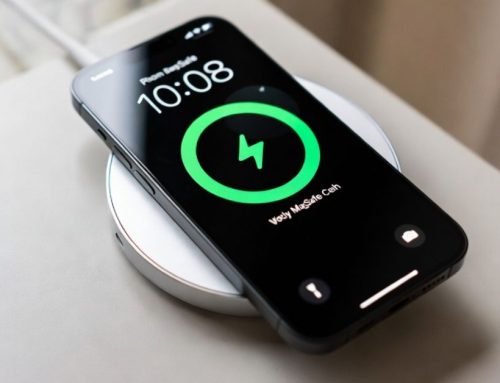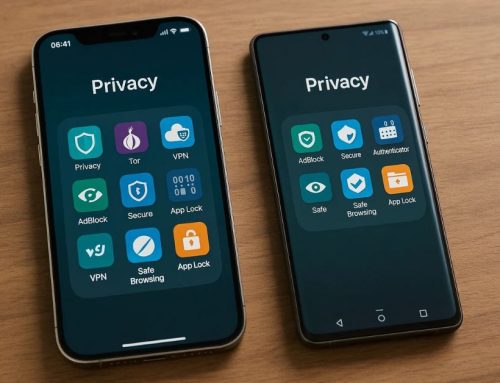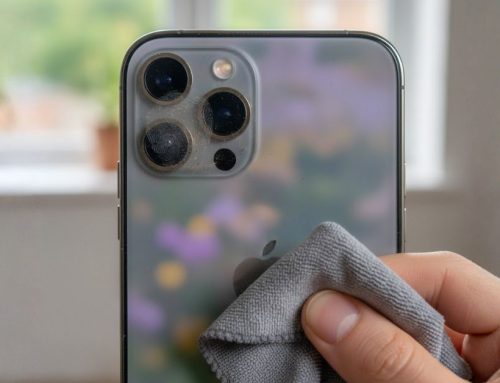With the growing popularity of second-hand tech, understanding the pros and cons of refurbished phones is essential before making a purchase. Refurbished mobile devices often come with a tempting price tag and the promise of quality, but they also carry risks such as outdated hardware or limited warranties. From performance concerns to hidden defects, knowing what to look out for can make the difference between a great deal and buyer’s remorse. This guide explores the pros and cons of refurbished phones so you can make a smart, confident, and cost-effective buying decision.
Advantages of Refurbished Devices
When considering the pros and cons of refurbished phones, the benefits can be pretty compelling especially if you’re working within a budget. A refurbished phone offers the opportunity to own a high-quality, modern device without the premium price tag. These smartphones undergo meticulous testing and repairs to ensure they function like new, giving you both peace of mind and performance.
One of the major pros of refurbished phones is affordability. You can often score a recent model at a fraction of the original cost. Trusted refurbishers subject each phone to thorough inspections, replacing any faulty components and verifying that it meets quality standards. This makes buying refurbished not just a cost-effective option, but also a reliable one.
In addition to the financial savings, another key advantage lies in sustainability. When weighing the pros and cons of refurbished phones, it’s important to recognize the environmental upside—reusing and extending the life of devices helps reduce electronic waste.
So, if you’re looking for a smart, eco-conscious, and wallet-friendly tech upgrade, refurbished phones check all the right boxes.
Quality Assurance and Ratings
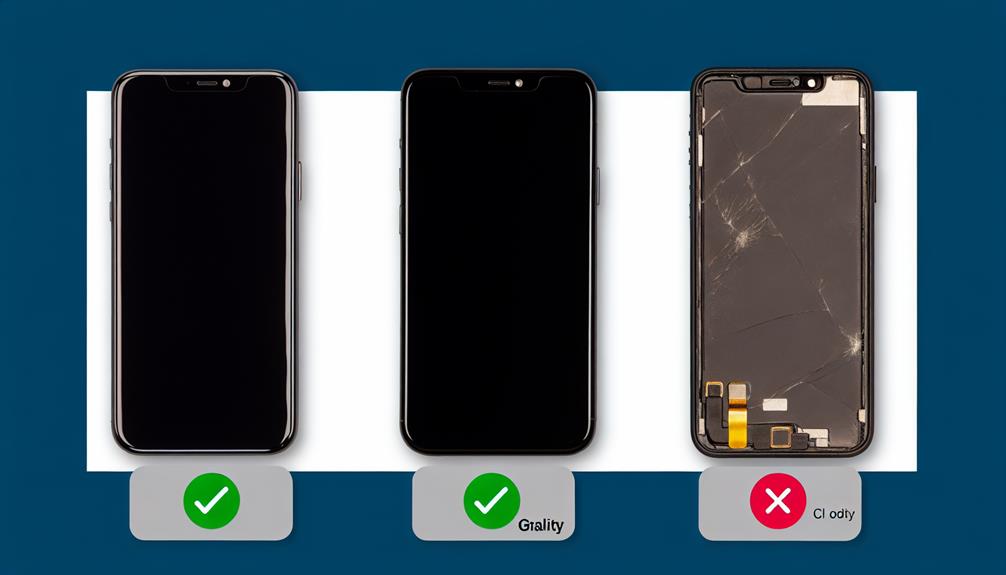
When exploring the pros and cons of refurbished phones, one critical factor to consider is the level of quality assurance offered by the seller. Buying a refurbished device doesn’t have to be a gamble if you know what to look for, you can walk away with a phone that performs just as well as a new one.
- Testing Process: A major “pro” in the pros and cons of refurbished phones debate is the rigorous testing process most reputable sellers follow. Always choose a seller that conducts comprehensive inspections and diagnostics to ensure the refurbished mobile device meets high-performance standards.
- Quality Ratings and Warranty: Another benefit often found in the pros and cons of refurbished phones discussion is the availability of clear quality ratings and warranties. A well-documented rating system helps you understand the cosmetic and functional condition of the device, while a warranty provides peace of mind against unforeseen issues.
- Customer Satisfaction: To weigh the pros and cons of refurbished phones accurately, take time to read real customer reviews. Their feedback can reveal whether the seller delivers on promises of quality and service, offering additional insight into the device’s true value.
- Trustworthiness: It’s essential to check out the seller’s reputation to make sure that the refurbished phone you’re interested in is up to par with high-quality standards.
Warranty Considerations
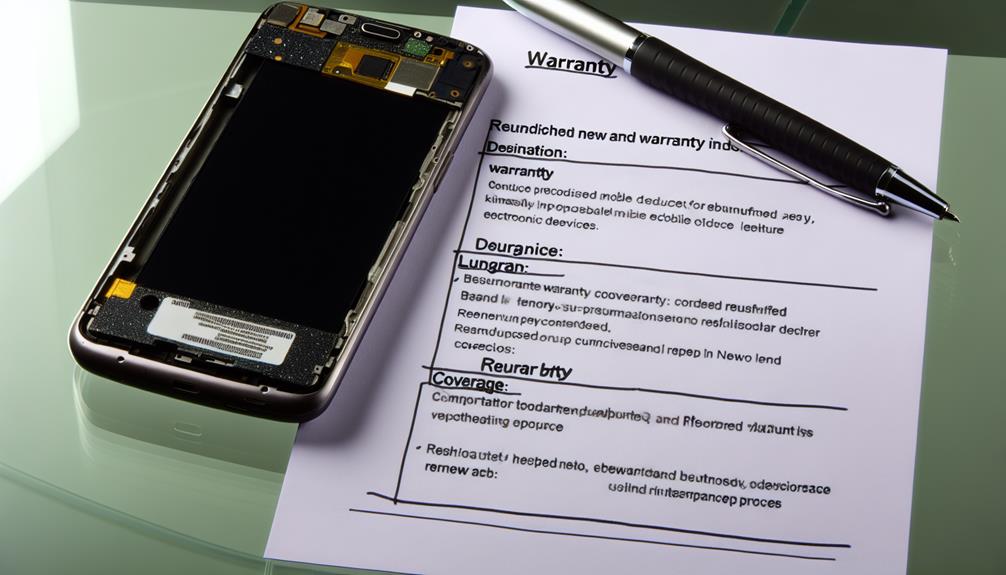
Understanding the pros and cons of refurbished phones means taking a close look at warranty coverage, one of the most critical aspects of any refurbished mobile purchase. Unlike new devices, refurbished phones often come with shorter or more limited warranties, which can be a deciding factor for some buyers.
When assessing the pros and cons of refurbished phones, start by reviewing the warranty length. Most refurbished phones don’t offer the full-year coverage that new ones do, but a solid 3- to 6-month warranty from a reputable seller is a promising sign. Next, look into what the warranty covers does it include battery issues, software faults, or hardware malfunctions?
A clear “pro” in the pros and cons of refurbished phones equation is when sellers have a strong track record of honoring warranties without hassle. Reading customer reviews can give you insight into how reliable a seller is when problems arise. Buyers who report fast, fair resolutions indicate a trustworthy vendor who stands behind their refurbished products.
So, whether you’re leaning into the benefits or cautiously navigating the potential downsides, evaluating warranty coverage helps you make an informed, confident choice. It’s a smart step when weighing the pros and cons of refurbished phones, ensuring your investment is protected even after purchase.
Disadvantages of Refurbished Devices

To fully understand the pros and cons of refurbished phones, it’s essential to consider the potential disadvantages alongside the benefits. Refurbished gadgets, while budget-friendly, often carry a few drawbacks that could influence your purchasing decision.
- One common downside in the pros and cons of refurbished phones conversation is the shorter warranty period. Unlike brand-new devices that typically come with extended coverage, refurbished phones may only offer limited protection, making it riskier if issues arise after purchase.
- Another consideration when weighing the pros and cons of refurbished phones is their technological currency. These devices might lack the latest features or software updates, potentially affecting performance or compatibility with newer apps over time. For tech-savvy users who demand cutting-edge functionality, this could be a deal-breaker.
- Aesthetic concerns also come into play. Visible wear and tear such as scratches, scuffs, or minor dings can detract from the device’s appearance. While this doesn’t always impact functionality, it’s an important factor for buyers who value a like-new look.
- Additionally, the quality grade of the refurbished phone impacts both price and performance. Lower-graded models might cost less but come with more noticeable cosmetic flaws or performance compromises. Understanding these grading levels is key to properly evaluating the pros and cons of refurbished phones.
Ultimately, while the lower price point is appealing, shoppers must be prepared for some trade-offs. By recognizing these common disadvantages, you’ll be better equipped to make an informed decision that aligns with your budget and expectations balancing both the pros and cons of refurbished phones.
Software Updates and Battery Life
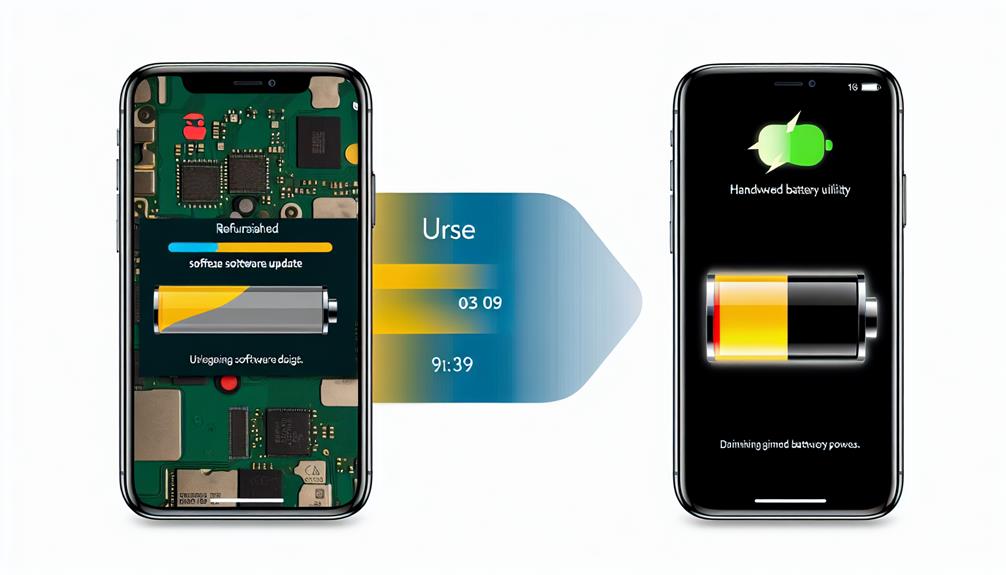
When weighing the pros and cons of refurbished phones, one critical area to consider is the phone’s software update compatibility and battery performance. These two factors can significantly influence the device’s longevity and daily usability. If you’re thinking of buying a refurbished phone, it’s smart to look into its past with software updates and the health of its battery. This helps make sure the phone runs well and lasts a long time. Sometimes, refurbished phones don’t get the newest updates, which might mean missing out on cool new features and important security fixes.
A common downside discussed in the pros and cons of refurbished phones is that some refurbished models may not receive the latest software updates. Missing out on these updates could mean you won’t get the newest features or, more importantly, essential security patches. This could leave your phone vulnerable or limit access to the latest apps. Also, batteries in these phones could be worn out from earlier use. So it’s a good idea to dive into the phone’s update track record and find out if that model often has troubles with updates or battery life.
Battery health is another key concern in evaluating the pros and cons of refurbished phones. Since refurbished devices have had previous owners, the battery may already show signs of wear. A degraded battery can impact how long your phone lasts throughout the day, which can be frustrating for heavy users. Before purchasing, it’s smart to check if the refurbished model you’re eyeing has a good track record for software updates and whether it’s possible to replace the battery affordably. Some sellers may include a new battery or offer one as an optional upgrade, which could improve the value of your purchase.
In the broader discussion of the pros and cons of refurbished phones, software and battery concerns often get overlooked, but they can make a big difference in your overall satisfaction. By doing your research on these two points, you’re more likely to choose a refurbished phone that performs reliably and serves you well in the long run.
Frequently Asked Questions
1. What is a refurbished phone and should I buy one?
A refurbished phone is a used phone that has been repaired and restored to a good working order. If you’re considering to buy a refurbished phone, it’s important to weigh the pros and cons. Refurbished phones are generally more affordable than brand-new phones, but they may come with a shorter warranty.
2. What are the pros and cons of buying a refurbished phone?
When considering purchasing a refurbished phone, the pros and cons should be carefully evaluated. Some of the advantages of buying a refurbished phone include cost savings and reduced electronic waste, while potential disadvantages may include a shorter warranty period and the risk of encountering a defect. Nevertheless, purchasing a refurbished phone can be an eco-friendly option.
3. Is it safe to buy a refurbished smartphone?
Buying a refurbished smartphone can be a reliable option if you choose a reputable seller. Reputable sellers ensure that refurbished phones come with a warranty and are in good working order. This can provide peace of mind when buying one.
4. What are the advantages of buying a refurbished device?
The advantages of buying a refurbished device include cost savings, reducing electronic waste, and the opportunity to own a high-quality product at a lower price. Additionally, you may be able to purchase a brand-new phone at a significantly reduced cost.
5. Are there cons of buying a refurbished phone?
While refurbished phones offer cost savings, there are potential drawbacks to consider. These may include shorter warranty periods, cosmetic imperfections, and the possibility of receiving a device with older hardware or limited software updates. Additionally, some refurbished phones may not undergo rigorous testing, increasing the risk of encountering technical issues. However, purchasing from reputable sellers and ensuring the device undergoes thorough inspection can mitigate these concerns.

